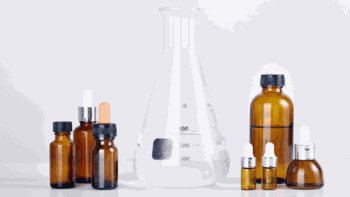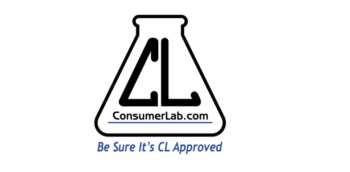
Answer:
The U.S. Food and Drug Administration (FDA) regulates dietary supplements, but not as strictly as it regulates drugs (prescription and OTC). The FDA considers dietary supplements a subcategory of food and, as such, regulations for dietary supplements are fairly loose, and only a very small percentage of manufacturing facilities get audited each year (and about half are found to be out of compliance).
FDA's Limited Role in Ensuring Supplement Quality and Safety
The FDA requirements of dietary supplements are mainly that they must be accurately labeled, not claim to prevent or treat a medical condition (aside from a few exceptions), and contain at least 100% of their claimed amounts of ingredients through their Best By or expiration date. However, the FDA does not normally check or test products for compliance with these rules, and it is quite common that products do not live up to them. As this safeguard is missing, to help consumers, ConsumerLab.com independently purchases, tests, and reports on the quality of dietary supplements sold in the U.S. (including some from Canada) in its Product Reviews. ConsumerLab has found that, on average, about 1 in 5 dietary supplements does not meet its standards for quality, based on its tests of thousands of vitamin, mineral, herbal, and other supplements and health foods.
Why Standards of Quality Matter
The FDA's Good Manufacturing Practices (GMPs) for dietary supplements allow each manufacturer to determine the quality standards and analytical methods it uses to evaluate the quality of its products. This is not ideal, as some companies choose to use less specific standards and/or lenient test methods that can make a low quality product appear to be high quality.
ConsumerLab.com's Standards
We at ConsumerLab.com see no reason why consumers should accept low quality ingredients or unnecessarily expose themselves to avoidable contaminants. We adopt what we consider to be the most meaningful standards based on the latest international research and recommendations.
Our standards and testing methods can be found at How Products Were Tested and frequently reflect the strict standards of the following entities:
- US Pharmacopeia (or USP, an independent scientific organization)
- The state of California (the only state with contamination limits for heavy metals supplements through Proposition 65)
- Health Canada (Canada’s equivalent of the FDA)
- The European Food Safety Authority
Join today to unlock all member benefits including full access to all CL Answers and over 1,400 reviews.
Join NowAlready a member? Sign In Here.
Join now at www.consumerlab.com/join/









Submit your comment
This feature is restricted to active members.
Join now to add comments and get all member benefits, including over 1,400 reviews.
Join NowAlready a member? Sign in here.